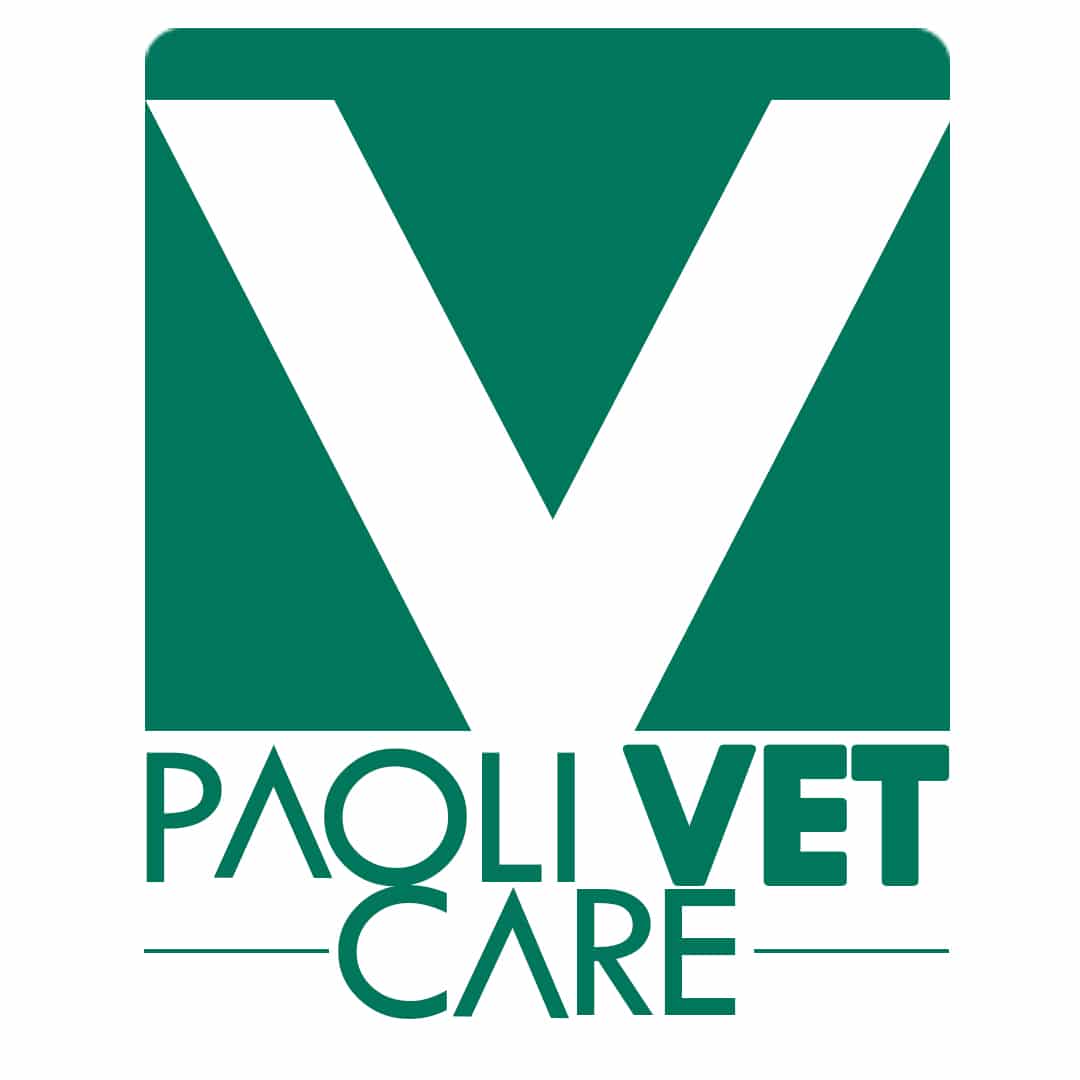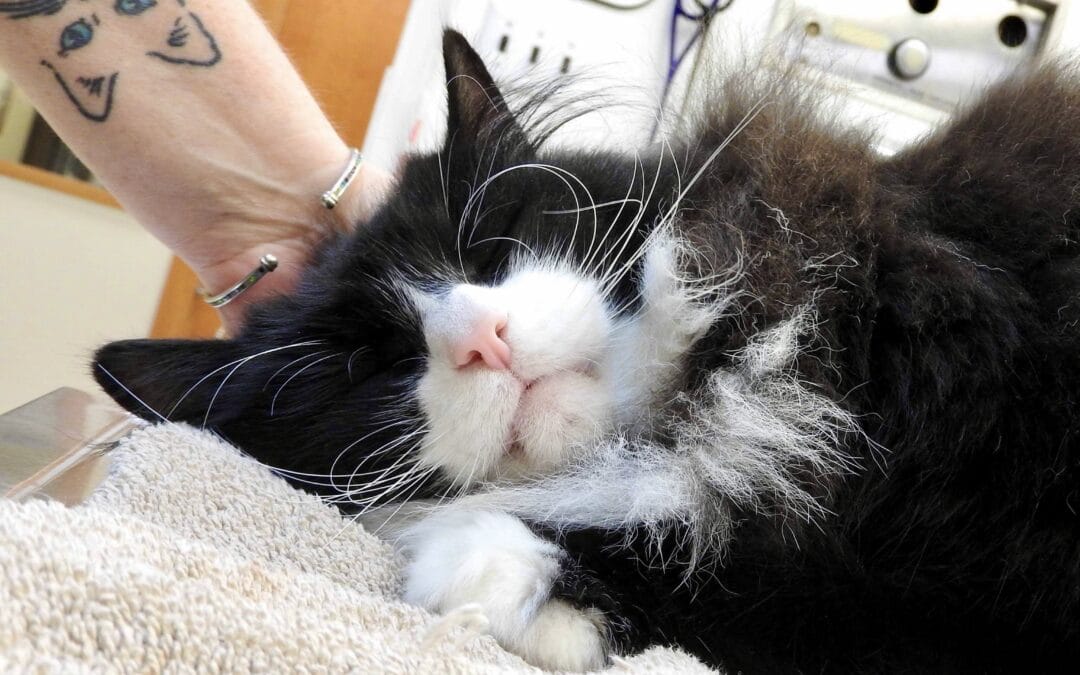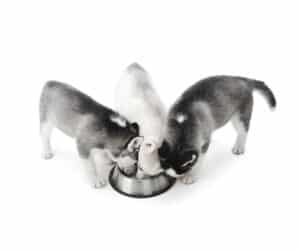We’ve all seen diarrhea before, even unfortunately experienced it. When your pet is sick or ill, it can be a traumatizing time for both the pet and the pet owner. Figuring out how to deal with your cat’s diarrhea can be a frustrating experience, but it all begins with understanding the symptoms. Just like in humans, cat diarrhea is loose or liquidy stool, usually with increased frequency. It’s liquidy, and the result of a quickened movement of fecal matter through the intestine. Diarrhea typically happens when water, nutrients, and electrolytes are not properly absorbed. It’s not technically a disease, but a symptom of other diseases. Cat diarrhea can occur as a sign of a bigger problem, but the severity and time frame of your cat’s diarrhea can help you figure out how to get to the bottom of what’s going on.
Cat Diarrhea Symptoms
Cat diarrhea has many symptoms aside from unhealthy water stools. Any cat with diarrhea can experience a number of other symptoms, including
- Blood or mucus in stool
- Worms in stool
- Frequent house accidents
- Increased defecation
- Increased effort to defecate
- Nausea, vomiting, weakness
- Prolonged tiredness
- Weight loss or abdominal pain
Types of cat diarrhea
Cats have much smaller intestinal tracts than humans, with their total digestive time being around 20 hours versus our 72. Because of this, cats have much more frequent bowel movements and don’t take as long to digest their food. Also, since the small intestine and large intestine have different functions, knowing what is going on inside your cat is the best way to understand how to help them. Your cat’s diarrhea might be coming from the small or large intestine based on a number of factors.
Small Intestinal
- Larger volume of poop
- Presence of dark blood
- Lack of mucus
- Fatty or greasy stool due to malabsorption
Large Intestinal
- Smaller volume of poop
- Mucus might be present
- Fresh red blood
- Not fatty or greasy
Why Does My Cat Have Diarrhea?
There are several factors pointing toward why your cat might have diarrhea, and the exact cause is still under investigation. There are a number of things that you can sleuth out to try and see what is at the root of the cause.

Diet
You should check with your trusted local veterinarian before making any major changes to your cat’s diet. For example, if your cat’s diet is high in carbs, you might want to ask about adding some protein. Your cat should always be receiving high-quality food that’s appropriate to its diet, with ample fresh water. If your cat has diarrhea you might want to eliminate any treats until you figure out what the problem is.
Human Food
It’s tempting to offer your cat human food as a treat, but even little bits here and there are not a good idea. Some human foods are toxic to cats, such as grapes, avocados, chocolate, onions, garlic, and sweeteners. Dairy products are also a problem for cats because they lack the enzyme that breaks down lactose. Because they can’t properly digest lactose, this can lead to gastrointestinal problems.
Toxins
Poisonous and toxic substances are bad for any creature, and if your cat ate something poisonous on accident it could be causing diarrhea. Ingesting toxic substances can also cause seizures, vomiting, sluggishness, and more. The average home has many toxic substances in it such as cleaning agents and insecticides, which will sicken any cat. Also, there are common indoor plants that can cause these symptoms in cats, such as tulips, poinsettias, and more. If you’re worried about toxins or plants, you should consult your veterinarian.
Foreign Objects
There are many foreign objects in the household that your cat might ingest, even though these are not food. Cats like to chew and play and might eat pieces of cardboard or their own toys. These small items can irritate their digestive tracts or even block the larger or smaller intestine. This blockage will cause diarrhea by preventing the solids from exiting the body during a bowel movement.
Some foreign objects might include rubber bands, string, and yarn, and they can be hazardous because of how efficient cats are at eating and digesting. Consuming or swallowing any of these small items can cause major harm to your cat, so it’s important to stay vigilant about what is left around the home.
Parasites
Parasites can inflict harm on their hosts, whether cat or human, and if your pet has a parasite this could very well be the cause of diarrhea. Some parasites such as flatworms, roundworms, and hookworms can live in your cat’s gut for some time and cause major damage. Any parasite in your cat’s gastrointestinal tract will agitate it, and if you fear that your pet has a parasite it’s important to make an appointment with your trusted local veterinarian.
Stress
Cats are extremely sensitive to changes in their routine or environment, and are prone to anxiety and stress. A trip in the car, a new person in the house, or sudden loud noises might cause major stress for your pet. Cat’s bodies, like ours, react to stress by releasing hormones and chemicals that might disrupt the gut’s natural biome. This could cause short-term diarrhea.
Medications
There are many medications that have diarrhea as a side-effect, and even if your pet is taking a medication that’s been prescribed there could be some health problems. Diarrhea-causing medications are often antibiotics, which can disrupt the gut biome by killing off beneficial bacteria. If you’re worried that your cat’s medications might be harming them, you should check in with your trusted vet and see about a medication change.
Illnesses
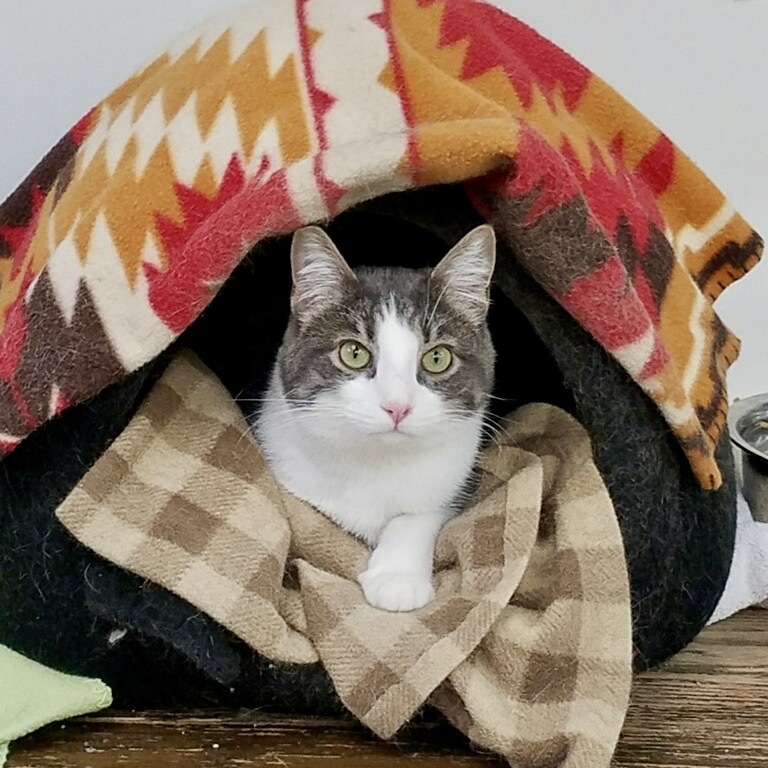
There are a number of different diseases that can threaten your cat’s natural health conditions and cause chronic diarrhea. Illness-causing bacteria can include Salmonella, Clostridium perfringens, and Campylobacter, and lead to feline leukemia, immunodeficiency virus, peritonitis, and more. Other conditions that can cause diarrhea include liver dysfunction, lymphoma, pancreatitis, and bowel diseases.
As we’ve covered, diarrhea in cats is often caused when the gut’s natural microbiome is thrown out of balance. When the beneficial gut bacteria is weakened or lessened, many bad things can occur. Viral infections can be one cause of an imbalanced biome, and this can be treated by antibiotics from your local vet. Chronic illnesses such as cancer can also lead to microbiome problems, and you should see your local veterinarian as soon as possible so that they can treat and prescribe medications for your pet to fix their viral infection or biome imbalance.
Gut Microbiome Imbalance
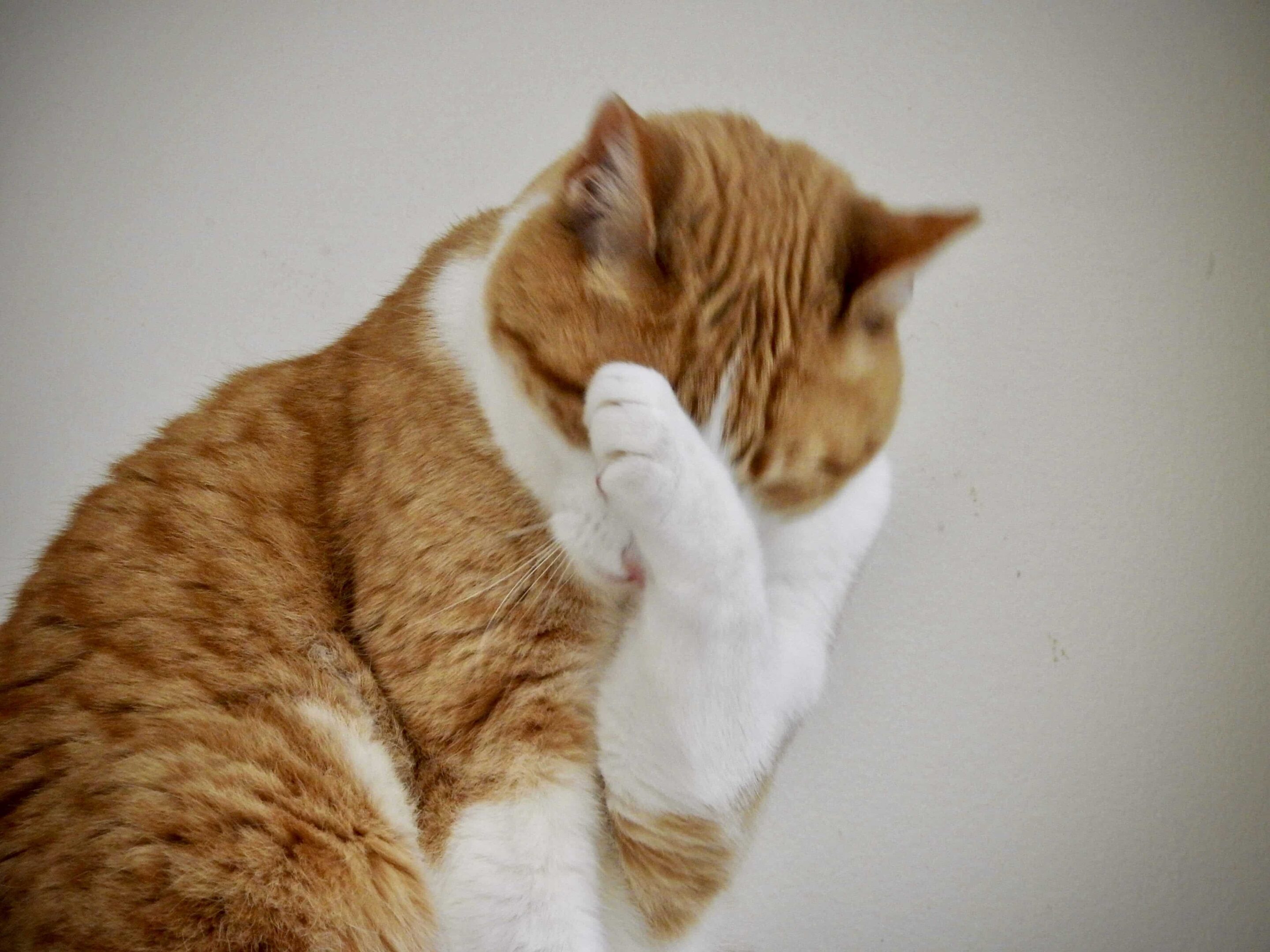
Any general gut microbiome imbalance can lead to diarrhea in your cat. Microbiome problems generally mean that there are key digestive and immune factors missing, or that the proportions are off. Any diet too high in carbs can cause this, but there are numerous other things that can lead to an imbalance of the gut. Chronic illnesses, stressors, environmental changes, and more can cause chemical changes within the body of your cat.
Avoid Medications
Never treat your cat with any human medications, even if they are anti-diarrheal medications. Human medications can be very toxic and even fatal to cats. Avoid antibiotics unless necessary and prescribed by your veterinarian, as these can often worse diarrhea or even cause it. If your cat has an infection, your veterinarian will tell you how to help manage your cat’s gut while they are on their meds.
Give the right diet
You should always check in with your veterinarian before making major changes to your cat’s diet. Ask about what you can do to make gradual changes if they’re experiencing diarrhea or unease, and be sure to always feed your cat the highest-quality food available, with plenty of fresh water.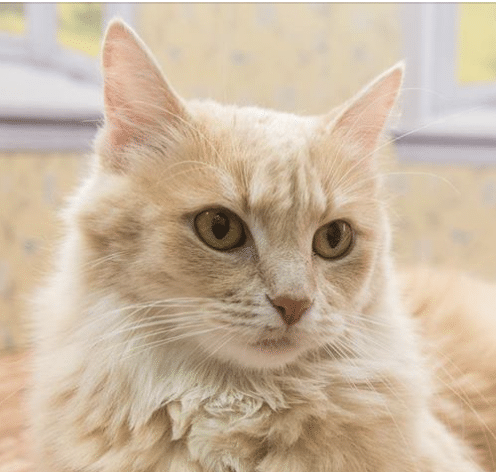
Stop Feeding
It’s important not to withhold food from your cat, especially if they are experiencing diarrhea. While their stool might look loose, the cause of diarrhea is typically because of insufficient nutrition. By withholding food from your cat you could cause other problems such as liver conditions or psychological conditions.
Add Fiber & Prebiotics
In some cases you might need to reinforce your cat’s meals with prebiotic fibers such as inulin or psyllium. These can help prevent or stop diarrhea by helping your cat absorb excess water and nutrients. These prebiotics can also help restore the beneficial bacteria that might be missing from their gut microbiome.
